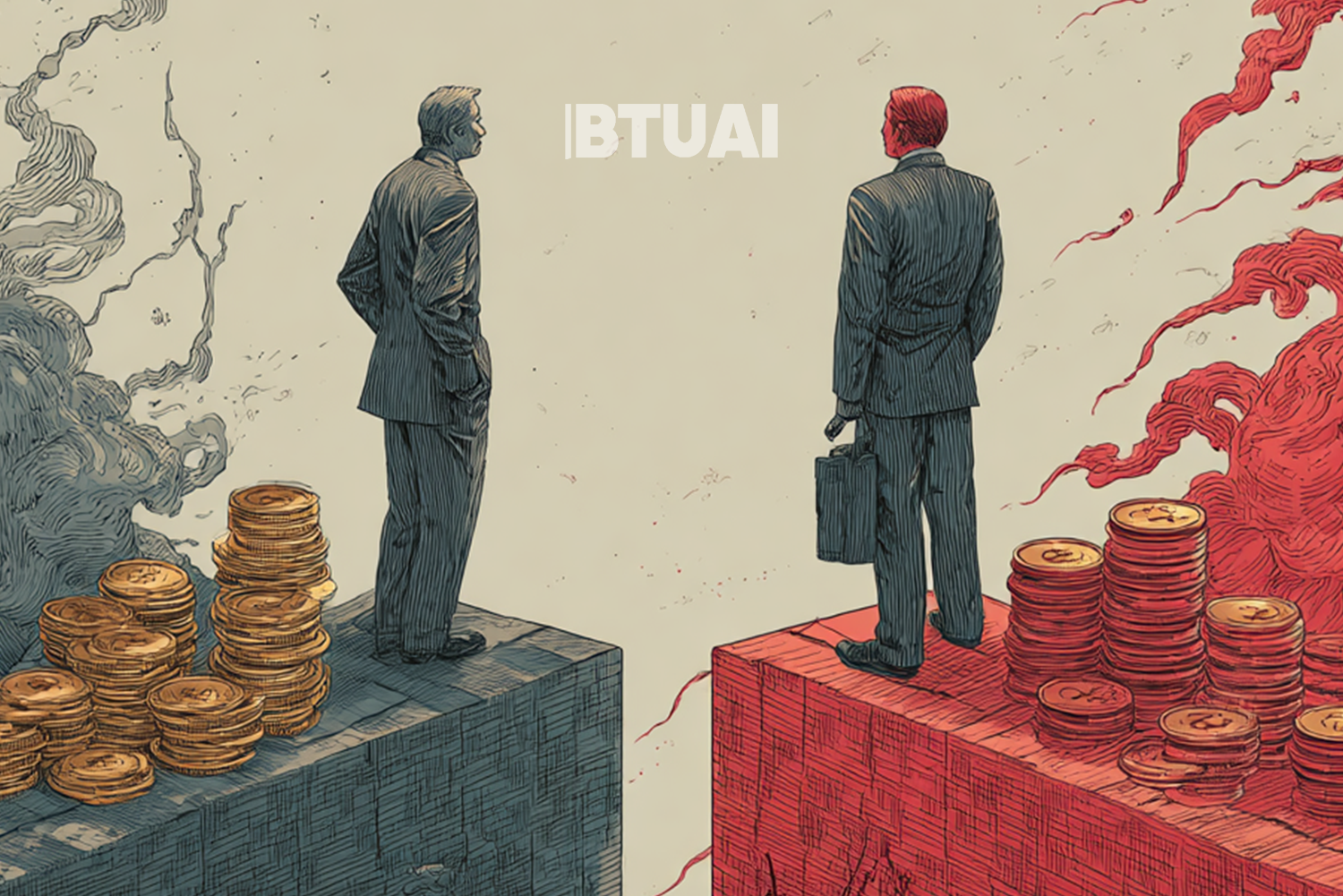Azerbaijan–Russia: Economic Ties Under Political Strain
In the summer of 2025, relations between Azerbaijan and Russia have become significantly more tense and unstable than in

In the summer of 2025, relations between Azerbaijan and Russia have become significantly more tense and unstable than in recent years. On paper, Russia remains one of Azerbaijan’s key trading partners—accounting for 12% of Azerbaijan’s total foreign trade in the first quarter of the year. Only Italy and Turkey surpass this figure, underlining the ongoing importance of Russia in Azerbaijan’s trade landscape.
Over the past three years, bilateral trade turnover between the two countries has grown by about 3%, exceeding $1 billion in value. Yet a closer look reveals a pronounced imbalance: Azerbaijan imports nearly five times more from Russia than it exports. In early 2025, Russian exports to Azerbaijan surpassed $1.2 billion, while Azerbaijani exports to Russia totaled just $234 million. Over the last three years, Russia has accounted for an average of 18% of Azerbaijan’s total imports, but only 4% of its exports.
Russia mainly supplies Azerbaijan with fuel, metals, machinery, agricultural raw materials, food products, vehicles, and timber. In return, Azerbaijan exports fruits, vegetables, plastics, textiles, and cotton to Russia.
Despite these robust trade figures, political tensions between the two countries have sharply escalated in recent months. Incidents such as the arrest of Azerbaijani citizens in Russia, the detention of Russian nationals in Baku, and actions against Azerbaijani journalists have pushed bilateral relations into a new and more volatile phase. In response, Azerbaijan has temporarily suspended cooperation with Russia in several economic sectors, and a number of joint projects have been halted.
These developments highlight the fragility of the economic relationship between the two nations when political factors come into play. While the trade volume remains statistically high, mutual trust and coordination have noticeably weakened. In the coming months, the focus is likely to shift away from expectations of economic expansion, and toward how effectively both sides can de-escalate or at least freeze current political tensions—a necessary step for preserving regional economic stability.




